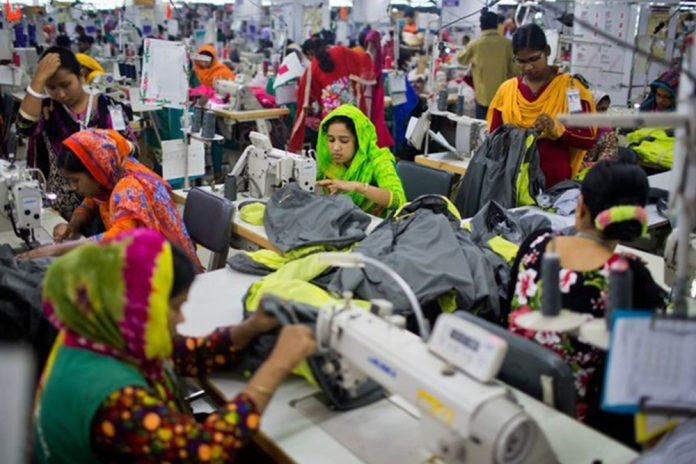A recent study by the Solidarity Center, conducted by Jagannath University Professor Mostafiz Ahmed, highlighted the potential of ADR for the RMG sector. It was presented at an event in Dhaka that brought together legal professionals, worker representatives, and garment industry leaders.
The traditional system for resolving labour disputes is slow and expensive, panellists said. As an alternative, experts are exploring ADR. ADR uses a neutral third party to help workers and employers negotiate a quicker, more affordable settlement. Garment industry stakeholders are exploring alternative dispute resolution (ADR) for resolving labour disputes in the sector, avoiding the lengthy and costly nature of the traditional legal system.
Regarding the formulation of ADR, the labour leaders and the sector concerned emphasised fixing a specific time for dispute resolution to prevent the prolongation of judicial work. Ruhul Amin, president of the Bangladesh Federation of Workers Solidarity, stressed the need for continuous dialogue and engagement to address systemic issues and promote sustainable practices within the apparel sector.
The discussion explored the specific types of ADR mechanisms that could be most beneficial for labour disputes in Bangladesh, as well as the potential challenges in implementing and utilising these alternative methods.
A distinguished panel, including legal professionals, worker representatives, and a representative from the Bangladesh Garment Manufacturers and Exporters Association, discussed the current challenges and potential solutions for resolving labour disputes.
Industry insiders shared their perspectives on the effectiveness of the traditional legal system and the potential benefits of implementing ADR mechanisms.



